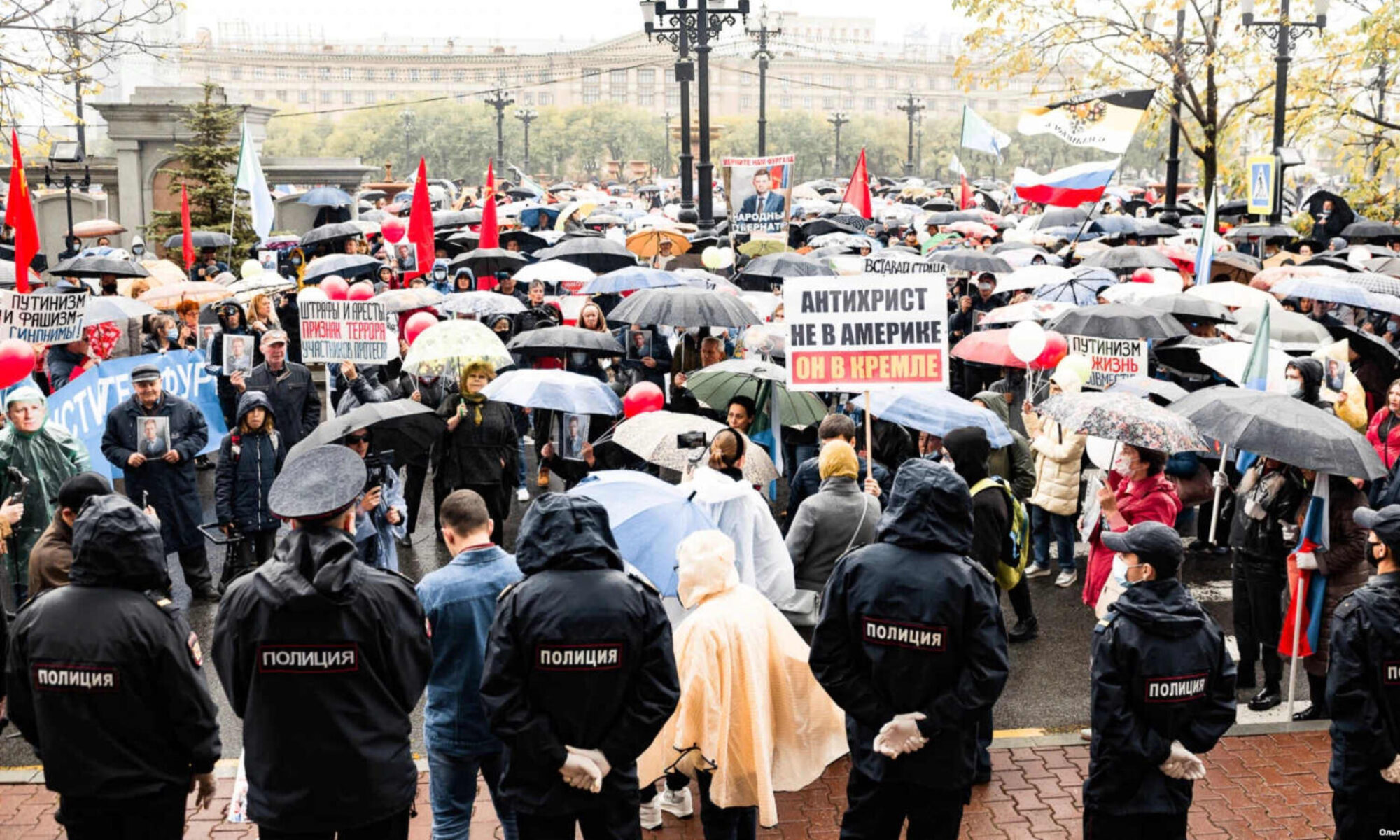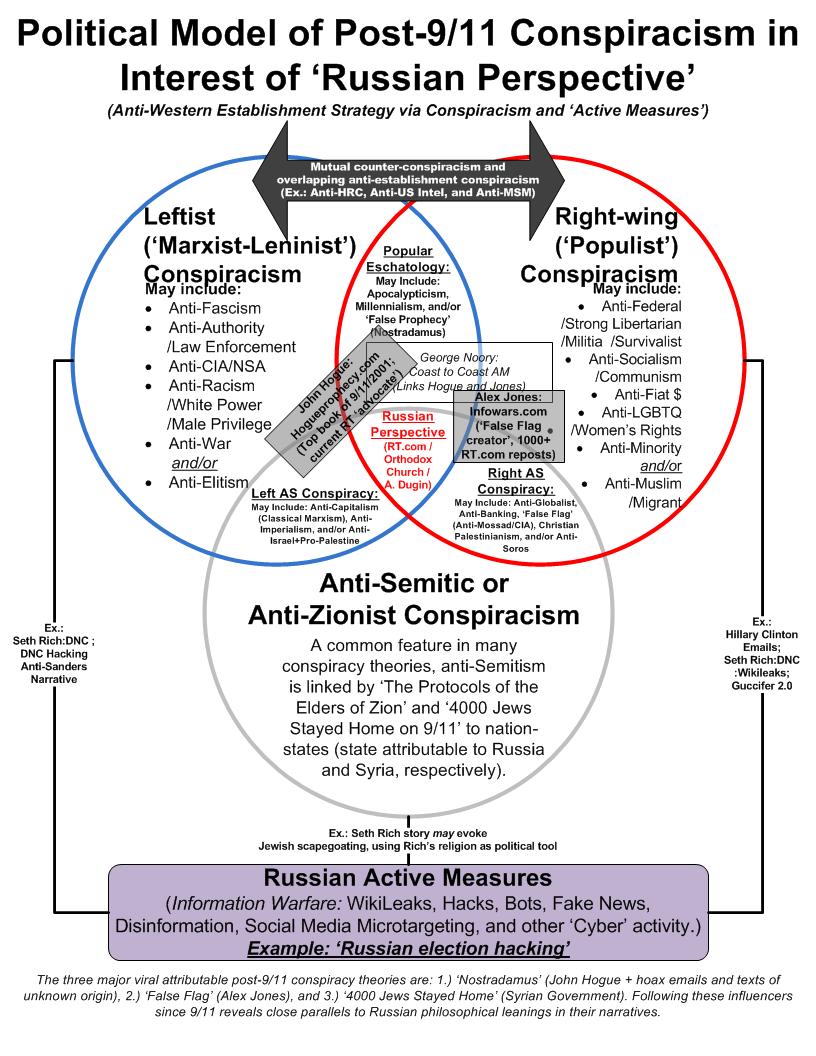Editorial: One of the names I considered for this blog was ‘wordswords(com)’ – which could be read as both ‘word swords’ and ‘words words’ (it wasn’t available and I am ultimately glad). As the below 1989 speech by Vaclav Havel shows, words can be dangerous, and they can also be redeeming. We need to be careful about the words we believe, and the words we use. We need to be careful how they can be used or changed in ways they are not intended to. I have always felt I have been very careful about how I choose words – despite my sometimes dyslexic tendencies towards syntax and grammar. That said, I am somewhat like a bull in a Chinese propaganda shop so we’ll see how that turns out.
The following speech is one of the best ‘sermons’ I have ever read and is filled with many relevant quotes for our age (some of the best I’ll highlight to ease visual scanning). I generally like to use my exclusively own opinion to avoid bias, but to be honest I have come to so many of the same conclusions independently of Havel from a moralistic standpoint (if not a historical one — since I am not fully educated on all of the matters of history which he references) that I have few if any reservations about putting his opinion forth as representative of my own. (This appeared originally in the NY Review of Books.)






